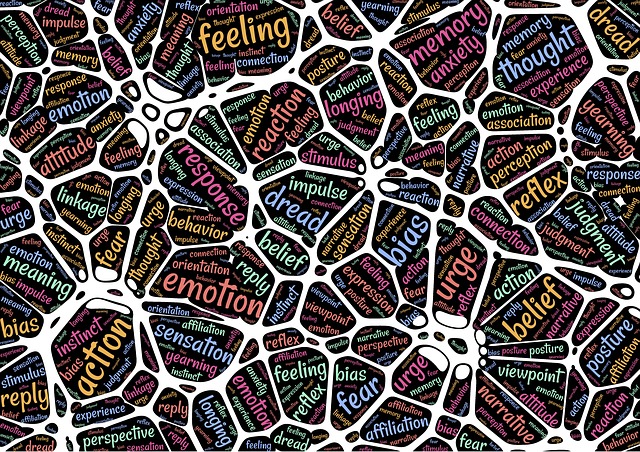Neuroscience and Education: Here’s What You Need to Know
Image by John Hain from Pixabay
Neuroscience is an integral part of advanced education. Researchers explore the ‘neural mechanism’ of numerical cognition, reading, attention, and learning difficulties. These include dyslexia, ADHD, ADD, brain injury, depression, dyspraxia, and dyscalculia as related to education. In short, the best neuroscience academy education at Mandala World Academy is basically an interdisciplinary field, which combines neuroscience, psychology, and education to create advanced curricula and teaching methods.
Education and neuroscience can directly interact to ensure that the brain as an organ or the brain health is in the right condition to learn, according to an article by National Centre For Biotechnology Information. On the flip side, it also helps to understand how education might impact the brain leading to better moral reasoning, empathy, behavioral changes, and decision making.
Fundamentals of Neuroscience
The main aim of educational neuroscience at neuroscience training academy in FL is generic research on the ‘brain-based learning’ industry. Neuroscientists have a clear understanding of how the brain controls the ability to think, talk, feel and remember things and how the structure and function change when we learn something new, according to an article published on Medium. However, the brain is not the only organ working. There are countless neuronal circuits, which are activated and help to improve our understanding of several concepts.
How Does Neuroscience Impact Education
The academy of neuroscience in Fort Lauderdale, Florida (FL) focuses on neuroscience to encourage long-term learning. This helps both teachers and parents to understanding education in a much better manner. Have a look at how this field can help.
Childhood Growth
Understanding what drives children to learn and get over early challenges can have a great impact on learning success and neuroscience can bridge the gap in understanding, according to an article by The Tech Advocate. This is exactly what experts at the best neuroscience training academy in FL do.
Cognitive Tutoring
It helps to adopt a cognition-based model for students who are weak in mathematics or have similar kinds of learning disabilities. It helps teachers to focus on how exactly learners might think and process the problems. This makes it easy to guide them better.
Improving Brain Capacity
Neuroscience helps to understand how the brain declines or ages. This also includes a number of other aspects like retrieval, consolidation, reconsolidation, and working memory. In short, if the brain is not exercised, its capabilities tend to diminish. Therefore, educational institutions must continue the learning process to keep it in good shape. This makes it easier to think, reason, and make informed choices in life.
How to Promote Optimal Learning?
Brain-targeted teaching at the top academy of Florida ensures efficient learning. There are six targets to tick off:
- Emotional climate
- Physical environment
- Learning design
- Teaching for mastery
- Teaching for application
- Evaluating learning
Further, the emotional well-being is analyzed well ahead of lessons to ensure every student is able to grasp the concepts clearly. However, while brain research might not give you an exact idea of how to teach accurately, it does play a key role in teaching and learning. This can go a long way to reform the educational system.


Hey, I am surprised to see that neuroscience could possibly the good reason behind learning design. I will read the entire article by tonight. Thanks!